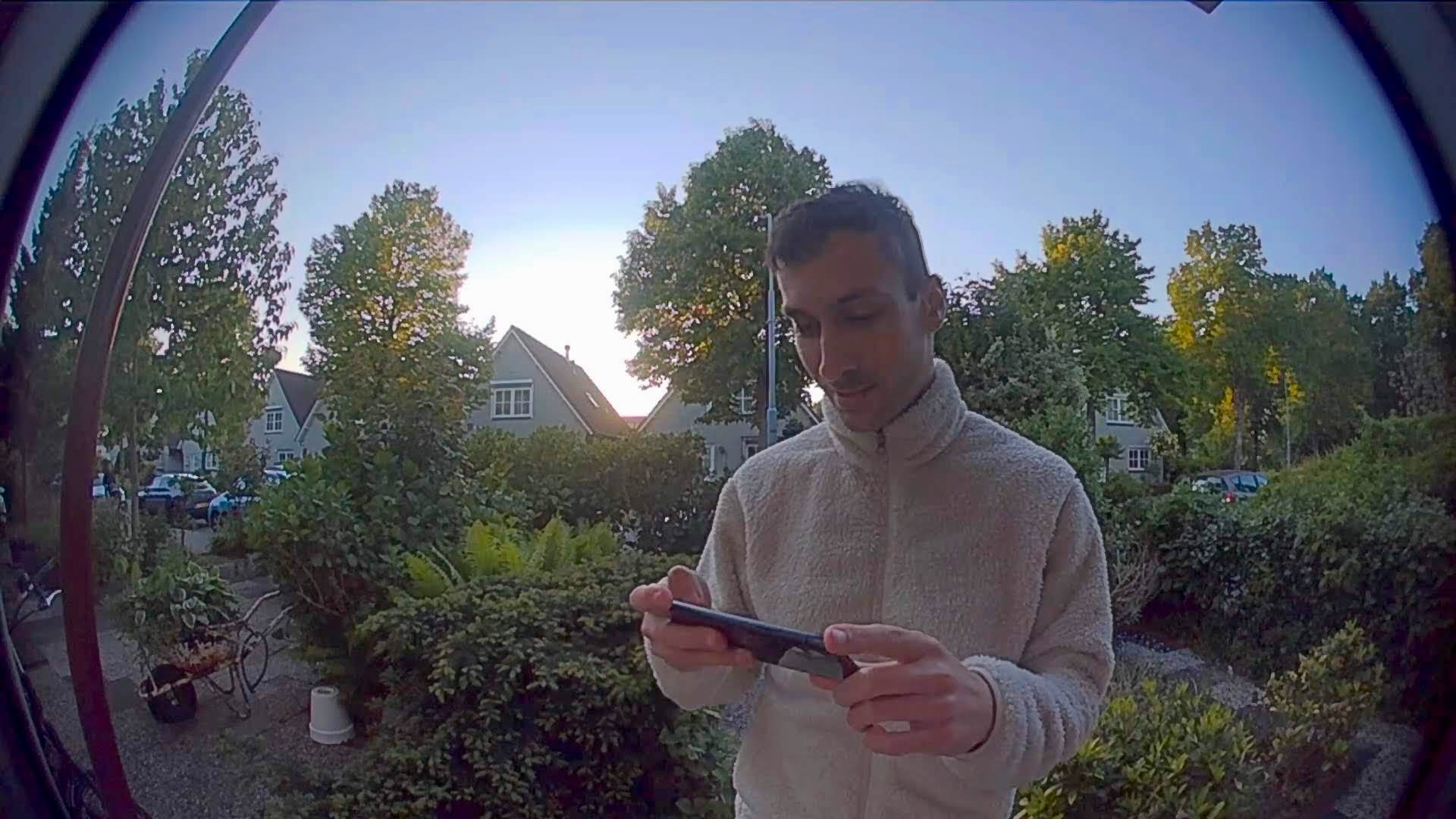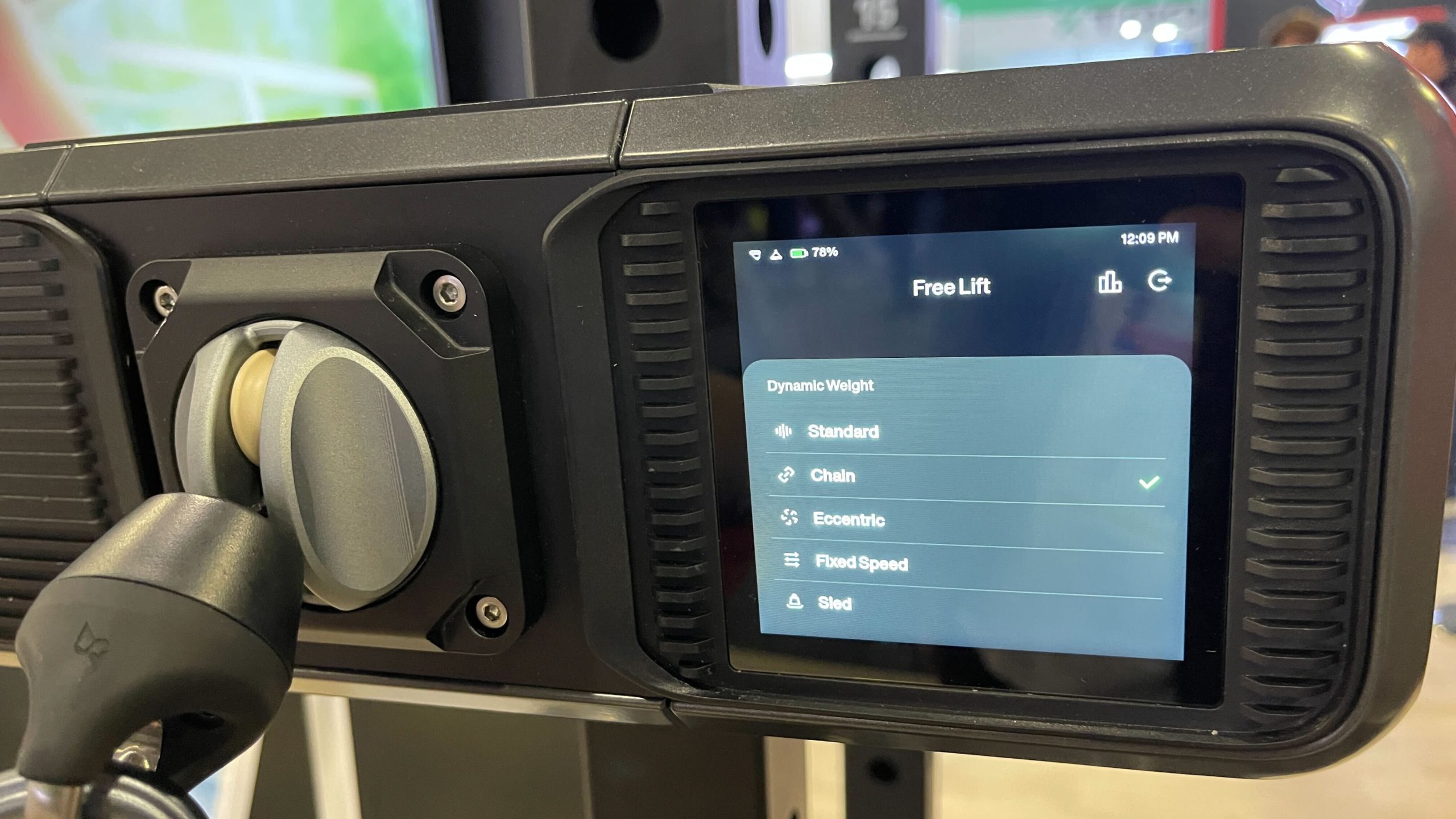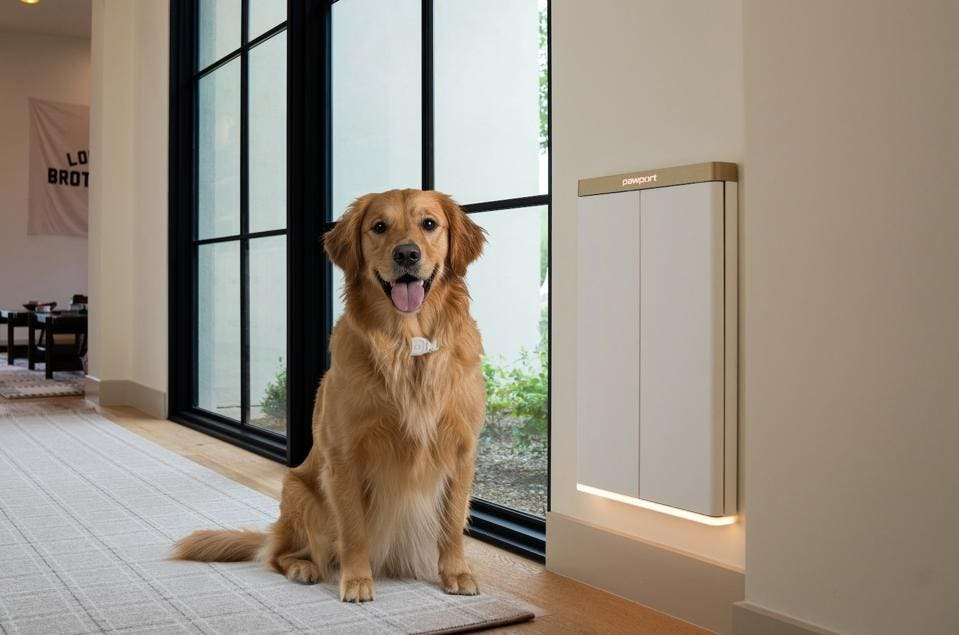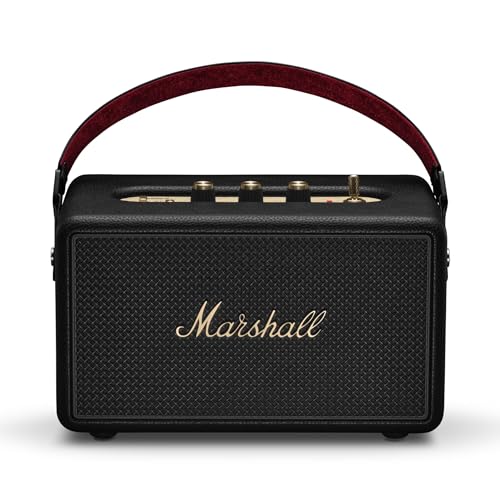Package thieves drove you to install that doorbell camera, but the biggest surveillance target turned out to be your own household. Every family argument, pajama-clad Amazon retrieval, and teenager sneaking in past curfew now feeds directly into your manufacturer’s cloud database. The device meant to catch strangers spends most of its time documenting your most routine—and private—moments.
Your Daily Life, Uploaded Automatically
Smart doorbells capture and store intimate household moments you never intended to preserve.
That heated conversation with your neighbor about property lines? Recorded. Your kids discussing school drama while fishing for house keys? Archived. The awkward interaction when you forgot to tip the delivery driver? All saved to the cloud, according to Consumer Reports investigations into video doorbell data practices.
These devices don’t distinguish between genuine security threats and mundane family life. Motion sensors trigger recording whether it’s a potential burglar or your spouse taking out trash. The footage automatically uploads to servers controlled by:
Not your personal storage.
Who Really Controls Your Home Videos
Once uploaded to company servers, your footage becomes subject to broad terms of service you probably didn’t read.
Cloud storage means you’ve essentially ceded control of your most private moments to tech companies. According to a 2019 investigation by The Intercept, Ring employees have been fired for unauthorized video access, while security breaches have exposed user footage to hackers. Your family’s daily routines become data points in corporate systems you can’t fully control.
Law enforcement agencies can access this footage through user consent via neighborhood apps or through warrants. States including New York are now pushing legislation to limit warrantless access, but the current landscape leaves your doorway conversations potentially viewable by officials you never intended to involve.
The terms of service you clicked through likely allow manufacturers to share footage with third parties for “analytics” or “service improvement”—corporate speak that can include marketing partnerships and product development you never explicitly approved.
The cruel irony? The security device protecting your home created entirely new vulnerabilities. You solved the porch pirate problem but inadvertently enrolled your household in round-the-clock recording of daily activities. Privacy-conscious users increasingly opt for local storage models, but mainstream adoption continues despite these trade-offs.
Your doorbell camera works exactly as advertised—it just turns out the most interesting footage features you, not the criminals you meant to spy on.




























